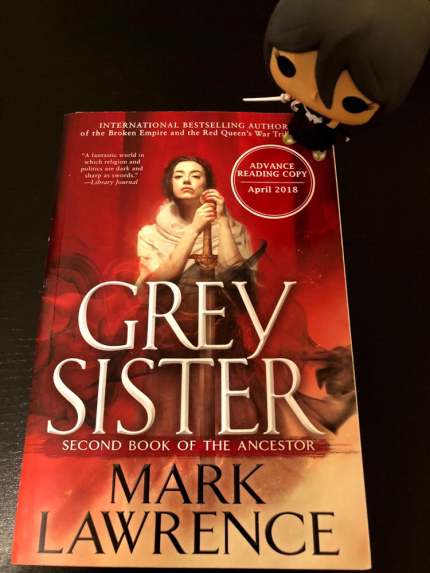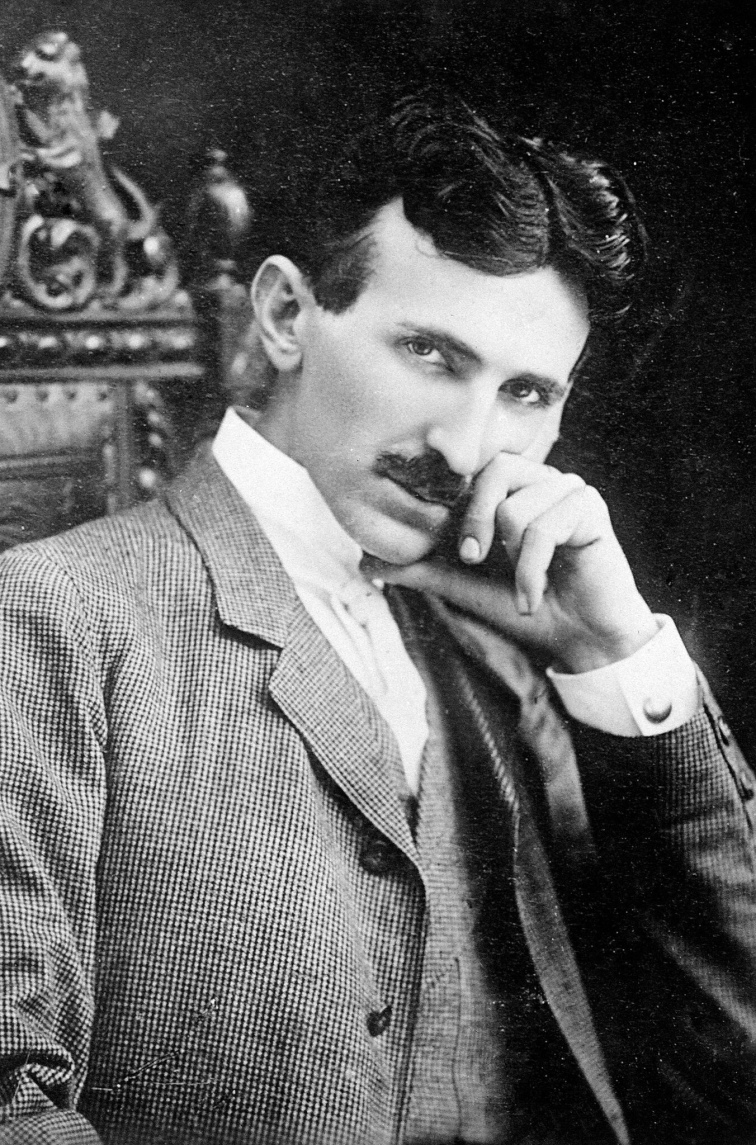
I must admit I’ve not read too many #metoo stories. I’ve read a few. Not only do they make me fear for my daughter simply because she’s going to grow up to be a woman, they are just too depressing. Don’t get me wrong – they are absolutely necessary. The attacks, assaults and harassment have clearly been going on for too long and have been accepted by not only by Hollywood but in a way by the rest of society – an illustration is how the reaction to the term ‘casting couch’ is usually salacious amusement instead of the outrage now being expressed at the #metoo stories.
However, one of the most depressing things about watching man after man being accused is the feeling that the more the numbers stack up, the less likely it is that any individual is going to face tangible consequences. It’s almost like a statement I read in an account of a genocide which said something like ‘if all of us do it, then none of us are guilty/wrong’. At the very least, not everyone can be punished in any meaningful way (why am I so obsessed with punishment? I don’t know).
Not only does the chance of justice for these women decrease but compassion fatigue starts to set in. The only thing I can wearily wish for is that even if no one is punished, whether by criminal prosecution or even socially or career-wise (beyond the initial fleeting moment of embarrassment when the media is all over a particular story), that at least there will be a change of culture. A bit like the expenses scandal but with far more personal, harrowing consequences (just watch Uma Thurman’s response to a question about #metoo for an idea of the pain that this sexual violence has caused women).
I did read the Ansari story though. I think majority of people would agree on two things. Firstly that he committed no crime. The second is that he was definitely being a creepy dickhead that night. Less people may agree with the second statement but I still think they would be in the majority.
Opinions will probably be more divided on whether he should have been publicly shamed. Was it necessary for the world and his dog to know that his post-date routine is to disrobe completely the second the front door clicks shut behind him, require the other party to do the same and then spend the rest of evening directing any and all attention, queries and commentary towards his crotch? Is that what’s going on out there? Never in my decades of reckless, mixed-signals, problematic, I-know-I’m-a-Christian-but-I-sure-do-love-the-D-but-then-does-this-mean-I’ll-fry-in-hell dating have I encountered such strange behaviour. Yet lots of women have told similar stories of average guys behaving this way.
Another more important question is whether this story really should be a natural, logical extension of the #metoo revelations. In other words, is it right to try and attach this story to the #metoo movement, a movement about how powerful men have, imagining that having any woman they want are a reward for their so-called success, attacked, degraded, dehumanised and just generally made life a misery for women who are just trying to get on with their jobs, or is this a different story altogether?
The reason I say that fewer people would agree that Ansari acted reprehensibly is that this story is as old as, at least, modern courtship and dating. I heard the much derided term ’emotional rape’ when I was in high school in the early 1990s in relation to US college campus rapes and sexual misdemeanours. Emotional rape was alleged when a male college student technically obtained consent, after coercing and breaking down a girl who clearly did not want to have sex with him. Quite a few people took the view that if she said ‘yes’, did not say ‘no’ or did not protest by some kind of physical manifestation – screaming, shouting, moving or running away – then ‘it’s on her’.
Other people are more sensitive to the more subtle issues. One is that once it appears that a man is unwilling to accept a negative response, some women will choose to avoid the risk of a more violent attack by unwillingly consenting to sex. Yes, a man will not and should not be successfully prosecuted if that happens, but it really does come to something when a woman’s choice, on a date, is to run out or unhappily acquiesce to sex. No one can sensibly say that the guy who opens the door and says “Run then! Run for your life!” (like a 1980s action film villain) is a good guy. Even a world weary “Well if you don’t want to have sex with me, I’d rather you’d leave my flat this second.” would raise a few eyebrows much less continually pawing a woman until she flees.
Another issue is the confusion she must feel, when the mask slips off a nice guy that she is attracted to and has herself been lusting after. The mask is one of mutual care, or at least admiration, and respect; not using any means necessary to sleep with her as if she were nothing more than a sex doll.
On one hand I really don’t understand the mechanics of ploughing relentlessly with one’s quest for sex, whether in a casual encounter or a committed relationship, when it is abundantly clear that the person they are with does not want to have it with them. This is especially because I reject the premise that male lust and sexuality is an uncontrollable object that can be involuntary unleashed at anytime up to the point of sexual attack (remember how we believed in ‘blue balls’ until we realised it was a load of gaslighting nonsense?).
However, the history of how we approach romantic and sexual relationships makes this story unsurprising. It’s from the left and the right. From reactionary socially unreformed meatheads’ point of view, a good girl not only does not have casual sex ; she does not put herself in a position where someone might think that having sex with her may go unobserved. If she does, well, there really isn’t any escape for her – if she has sex enthusiastically, she is a slut, an object of vicious gossip and potentially a target (if she’s ‘giving out pussy’, why isn’t she giving it to me? What’s wrong with me? WHO DOES SHE THINK SHE IS?!?), if she doesn’t, she’s a prick-tease; if she complains about sex obtained by coercion, she is trying to ruin the life of an upstanding, promising young man.
From the left, which is where I understand Ansari comes from, I have noticed an almost aggressive entitlement to casual sex. Once there is an acknowledgement of mutual attraction; there is pressure and almost an obligation to consummate that relationship immediately. This pressure doesn’t always come in the form of a horrible ‘date’. It’s there when it is suggested that a woman who hesitates about when to have sex or whether to have more unusual forms of sex is shamed for being a brainwashed prude; when liberal men shout about how virginity is a SOCIAL MYTHICAL CONCEPT/CONSTRUCT (is it your virginity?); when they are extremely grumpy about a decision of someone who they have no interaction to remain celibate for religious or other reasons; when they meet someone who posts sexually explicit tweets and immediately demand sex or sexual acts from them; when they demand naked photographs as of right; when their immediate response to being asked on a date by girl is ‘will you be on the menu?’
All this frenetic sexual expectation doesn’t come with any commitment (and I accept, without equating it to coerced sex, that people can also be wrongly pressured to enter into a committed relationship which they don’t want to be in) or even friendship, of course. If a girl asks for this prior to sex she’s not only being silly, she’s manipulative and clearly needs deliverance from the thorough brainwashing she has received in the past. Some girls like this but I really do think some of these men need to move away from the idea that the sexual revolution was solely for their benefit.
From the left and the right, we are left with this confused idea about male sexuality and of course, as several have pointed out, the damaging idea that a woman is solely responsible for controlling not only the sexual temperature in any one encounter but the man’s sexual response.
It’s not enough to say no or not yet, she must not let him touch her if she isn’t prepared to go ‘all the way’. A lot of the talk about mixed signals is not that the man mistook her crossed legs, complete with hand over her crotch (different story) as a sign that she was about to collapse with lust; it is that once a woman crosses a line sexually, she must accept the entire male response whether she wants it or not (not) and no matter how clear it is to him that she didn’t want it. If she kissed him at 7:05 pm, then she must vaporise at 7:30 pm to avoid being taken against her will or pestered out of her sanity. Illogically, if a woman likes a man and lets him know, she should always be on the alert for him to launch an attack.
On the man’s part, sex is viewed as something he takes so his goal is to keep trying until he is gets it or is physically stopped. It’s a sign of prowess when you, as a man, ‘get what you want’ and ‘don’t take no for an answer’. Maybe debatable when it comes to your job or chosen vocation, but whose crazy idea was it to extend this principle to a woman’s body?
The difference between Ansari’s story and the #metoo stories is that in the former both people liked each other – or at least had some attraction for each other. ‘Grace’ may have had sex with him at her own pace had Ansari not being singularly focused on his almost unstoppable goal of having sex with her that night (again, why? Why that night? Why was it so mandatory?). The issue is co-erced consent in that context.
In the #metoo stories, it was very unlikely that the women involved were remotely interested in Weinstein and the others. These are stories of men wielding their power over women and womankind in general for a range of reasons – from the right to have any woman they want to the dark and perverse pleasure in violating another protesting human being. There are some similarities but the main one is that they involve powerful and/or famous Hollywood men.
So, me too or not right now, Grace? I think probably somewhere in between. I definitely think Grace’s story, or a version of it, was one to be told. Whether attempting to lump it in with the #metoo movement is effective or detracting remains to be seen.
Share this:




